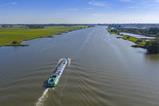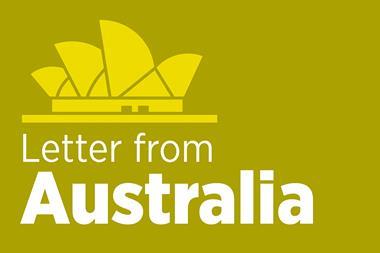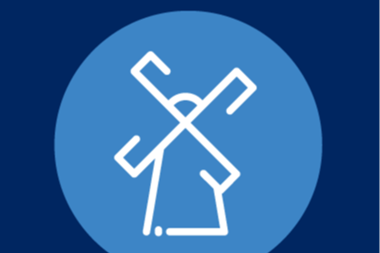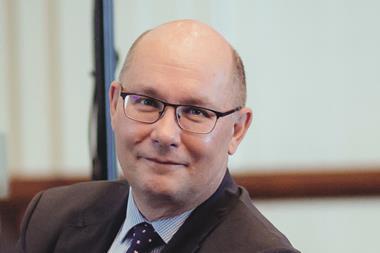Martijn Scholten, co-chief executive officer of Dutch fiduciary manager MN, has expressed strong interest in securing a mandate from the €69bn construction sector pension fund Bpf Bouw, which is set to appoint a new fiduciary manager by 2030.
“Bpf Bouw could be a great fit for us,” Scholten told IPE’s sister publication Pensioen Pro. “If they were to send us a request for information, we would of course be happy to look into it. I estimate that this fund is dealing with the same investment issues as our clients PMT and PME.”
Bpf Bouw, the Netherlands’ third-largest pension fund, must transition away from its current provider APG, which will focus solely on civil service scheme ABP from 2030.
MN, which manages around €150bn in assets, is a non-profit fiduciary manager owned by the metal industry scheme PMT and merchant shipping fund Koopvaardij. Its other clients include pension funds PME (for the technology sector), Mitt (for the textiles sector), and three smaller corporate schemes.
According to Scholten, Bpf Bouw shares many characteristics with MN’s core clients PMT and PME – the third and fifth-largest schemes in the country, respectively.
“It is important that a new customer fits our mindset and what we do. In that case, a large industry fund like Bpf Bouw would be a more obvious target than a large company pension scheme,” he said.
Responding to system reform
With the Dutch pension system transitioning to a defined contribution (DC) framework, MN is preparing to respond more dynamically to social and market developments, Scholten noted.

“We must be able to adjust our policy advice in cases like what we now see in the US, instead of sticking to an agenda that was set at the beginning of the calendar year. It also means that we need to have the data and IT to be able to carry out analyses quickly,” he added.
Competitive edge over global rivals
The shift to DC is also expected to increase the importance of member preferences, which Scholten believes gives MN an advantage over international rivals such as Goldman Sachs Asset Management and BlackRock.
Participants value seeing their contributions invested in their own sector, he said, adding that such tailored investments are not available off the shelf.
As an example, he pointed to MN’s collaboration with Innovation Industries to invest in tech start-ups on behalf of PMT and PME.
MN is better suited for such investments “than our Anglo-Saxon and commercial competitors”, Scholten added. “We understand the Dutch market, know the constituencies of our customers and have a lot of contact with the relevant trade unions and employers’ organisations. That’s quite natural to all of us, but it is also a distinctive element that gives us an edge.”
MN regularly turns down off-the-shelf investment products that conflict with clients’ values, Scholten noted.
“It is therefore important that we develop products together with our customers that fit their identity, by helping them to first build a story around the investments and then develop products that match them, instead of selling a standard product, hoping that it will fit in,” he said.
This article was first published on Pensioen Pro, IPE’s Dutch sister publication. It was translated and adapted for IPE by Tjibbe Hoekstra























